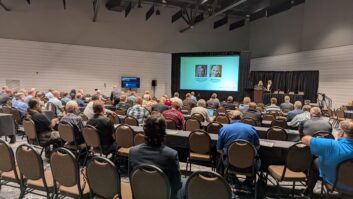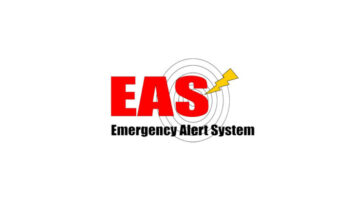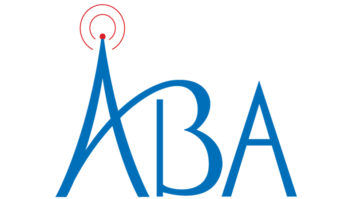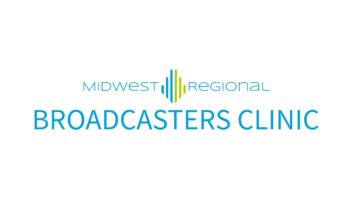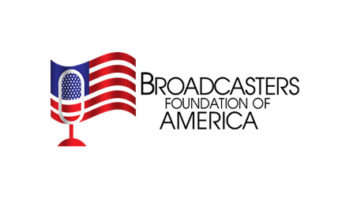When it comes to improving broadcasting’s equal employment opportunity rules, any changes must simultaneously increase employment diversity while not overburdening small broadcasters with onerous paperwork and nonproductive actions.
Those are the comments from a group of 82 broadcasters who responded to the Federal Communications Commission’s request for reply comments on the commission’s EEO Compliance and Enforcement Notice of Proposed Rulemaking.
[Read: NAB Believes FCC’s EEO Rules Can Be “Streamlined”]
While the 82 broadcasters do not question the laudable goals of the EEO rules, they do doubt the necessity of what the group calls “burdensome paperwork and nonproductive actions.” As it stands today, the EEO rules require broadcasters to use a three-pronged approach to recruit for full-time vacancies, including the implementation of certain short-term and long-term recruitment initiatives, as well as the need to keep records on station compliance with those rules.
Those rules are a significant burden on smaller broadcasters, the joint broadcast commenters said.
“It is time that the FCC reassess its current documentation and paperwork approach to nondiscrimination and employment diversity,” the group said, adding that without detailed evidence that the current FCC paperwork and recordkeeping rules are reducing discrimination, it’s time for the FCC to direct its regulatory efforts to finding more effective ways to achieve the goals of nondiscrimination and employment diversity.
The 82 broadcasters advocate for proposed FCC rule changes to require all stations (no matter the size) to post job opening notifications on a recognized job seeker website, to revise the FCC’s EEO definition of employment unit to include all employees in the broadcasting entity, and to reduce EEO paperwork for small broadcasters by exempting entities with fewer than 50 full-time employees (instead of the current number of five).
The broadcasters propose that the burden of bringing diversity to the industry should be “placed upon larger broadcasters with human resource departments, rather than foisted upon smaller entities for whom just finding employees is a challenge,” the group said.
“The 82 broadcasters emphasize that they have no desire to lessen or diminish the FCC’s quest for diversity in employment and full and transparent opportunities for all job seekers in the broadcasting industry,” the group said. But the group said it is important that all broadcasters stand behind the FCC’s EEO program in both process and spirit.
“There is nothing more sapping to a small broadcaster than EEO paperwork and documentation that it is not staffed to handle, knowing that its larger competition has an HR department handling such record-keeping,” the group said.
The group of 82 broadcasters include the likes of Eureka Broadcasting Co. in Eureka, Calif.; Blakeney Communications in Laurel, Miss.; and Eastern Utah Broadcasting Co., in Price, Utah. The reply comments were filed in response to a series of comments left by ACA Connects, the National Association of Broadcasters and other EEO supporters.
Comments on the FCC’s EEO proposed rulemaking can be seen in the commissions’ ECFS database using Media Bureau Docket Number 19-177.
